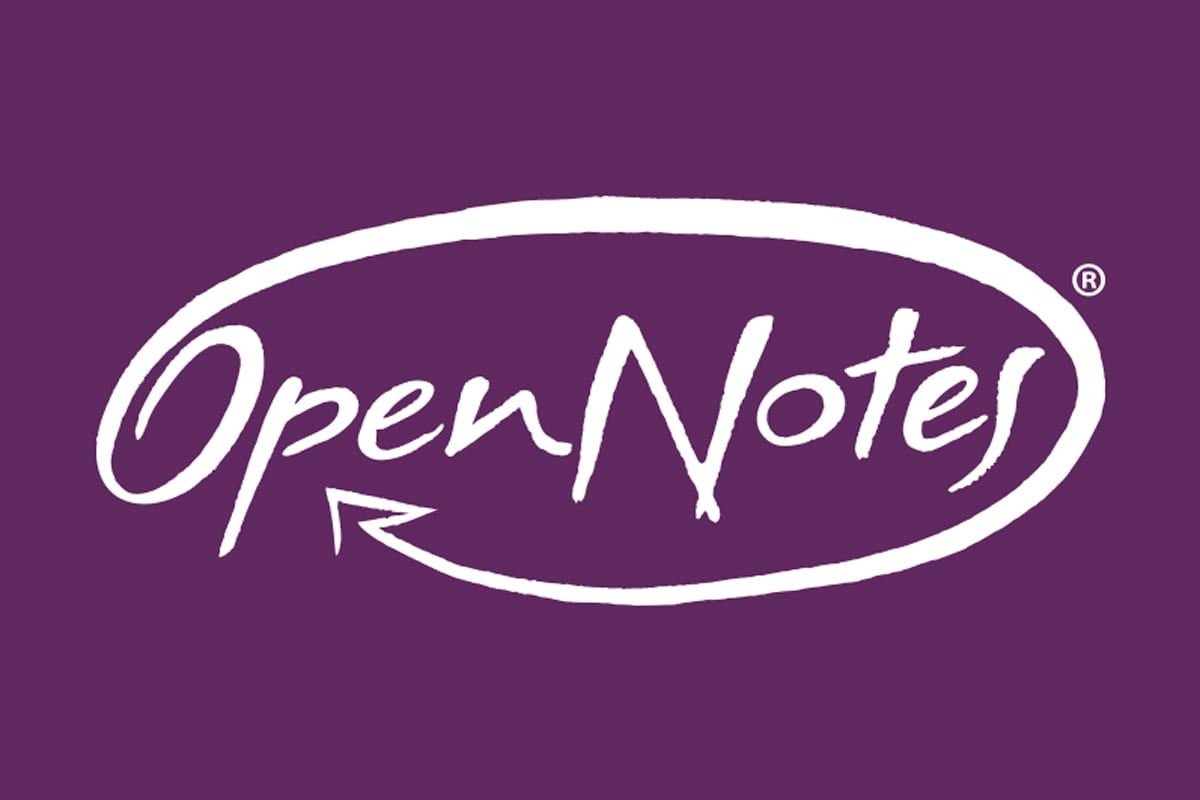Patients Want Easier Access to Their Doctors’ Notes
January 19, 2012

Would easier access to doctors’ notes improve patient health?
1 in 5 respondents to a survey in this month’s Annals of Internal Medicine said easier access would likely provoke them to take better care of themselves.
Patients have a legal right to their medical notes, but they rarely ask and doctors rarely offer them. The process for obtaining notes, which are usually on paper, is often slow for the patient and costly for the doctor’s office.
The Annals of Internal Medicine survey was the first step of a trial called OpenNotes, in which primary care physicians at hospitals and health systems in Seattle, Boston, and rural Pennsylvania shared their notes with patients for a year via a secure online portal.
Demand for the notes is high. More than 90 percent of 39,000 patients surveyed wanted to see their doctors’ notes. They said that easier access would give patients more control of their own health care. The 100 participating doctors across the three study sites, however, worried that patients would be confused and misunderstand their medical notes, which often include jargon and abbreviations that easily could be misconstrued. Doctors feared they would start withholding information as a result, or would have to devote more appointment time deciphering their notes with patients.
Transparency advocates disagree. They say that opening these notes could change how physicians view the process of writing notes. Rather than writing about a patient, doctors may write for the patient, according to Steve Downs, Chief Technology and Information Officer of the Robert Wood Johnson Foundation’s Pioneer Portfolio (a Burness client), which funds OpenNotes. In a post to “The Health Care Blog,” Downs suggests that making doctors’ notes more widely available “could do more for influencing how physicians see their relationship with their patients than years of training on how to be more patient centered.”
The Annals survey examined patient and doctor attitudes toward open medical notes. In spring 2012, researchers will release results showing the effect this idea had on patient or doctor behaviors or on patient care.
For more information on OpenNotes, check out “Project Puts Records in Patients’ Hands” in The New York Times.
no comments yet
